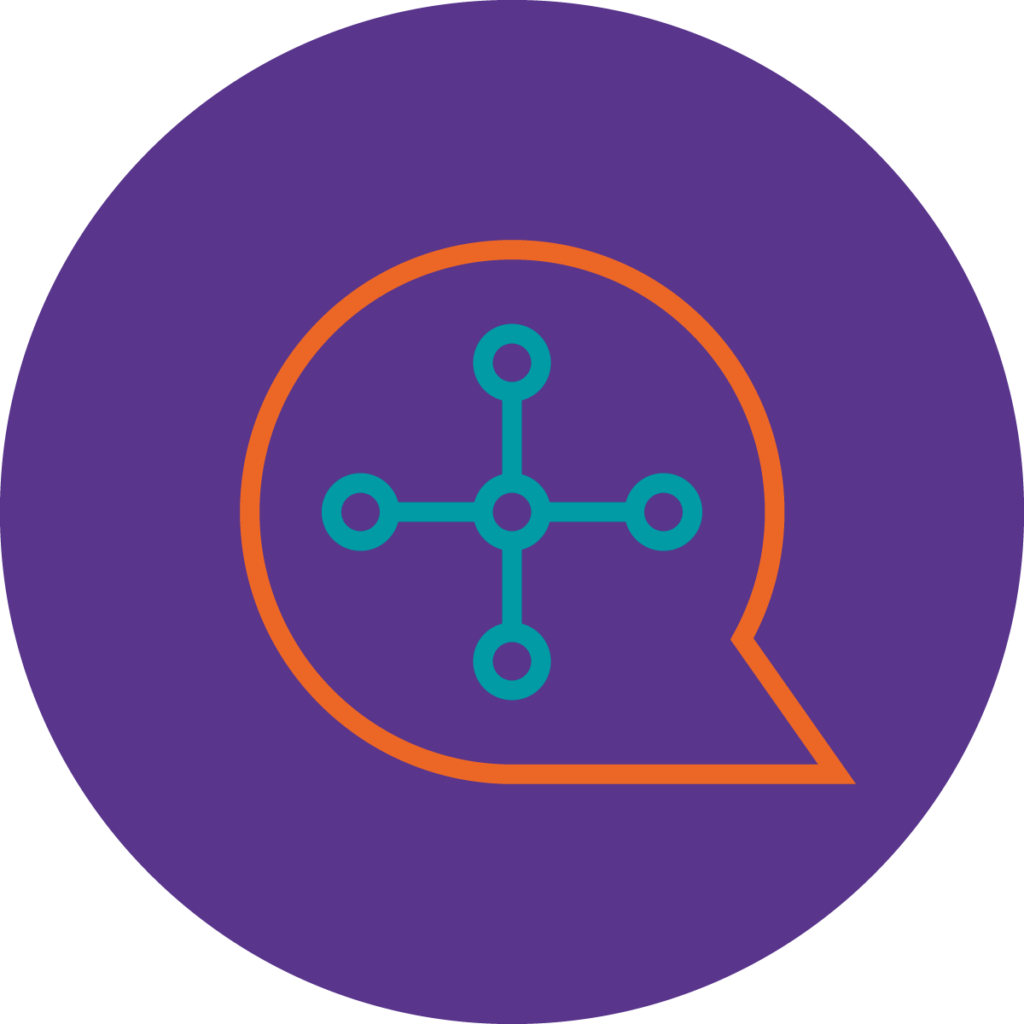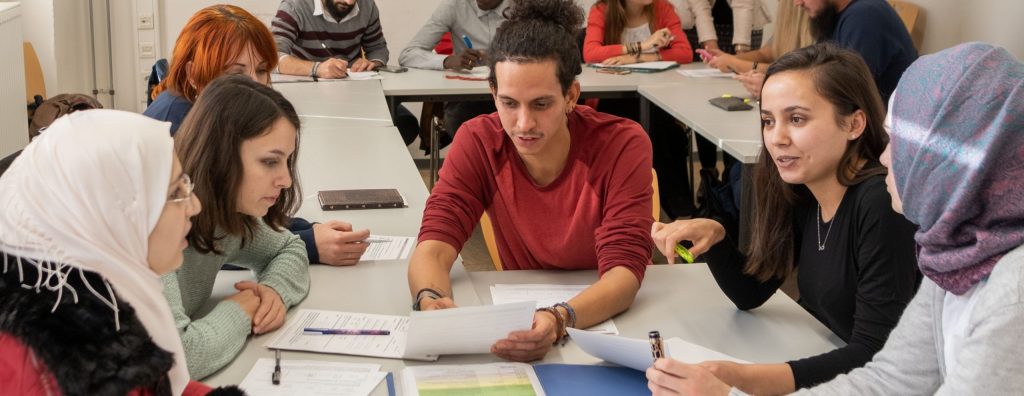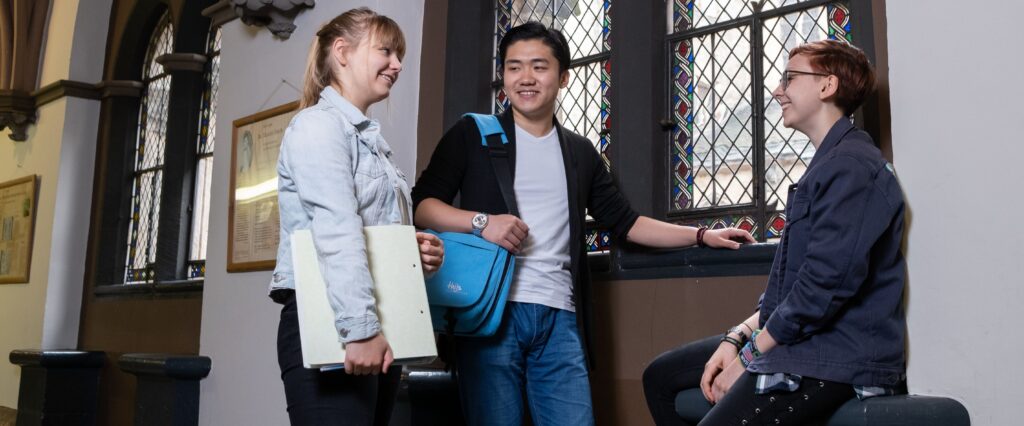At a glance
For: students, teachers
Topics: Didactics, student success, teaching quality, digitalization
Location: University of Kassel
Digitally supported learning paths
The project "Digital Self-Learning Paths for Flexibilizing Introductory Courses" aims to enable greater flexibility in two pilot degree programs in terms of time, methodology, and location through innovations in digitally supported teaching. To this end, learning paths will be successively implemented in three introductory lectures in German Studies, running parallel to in-person instruction. This parallel approach is intended to provide greater flexibility for part-time students or students whose time is limited by caregiving responsibilities, employment, or illness.
Learning paths are digitally supported, sequential learning units implemented on the Moodle learning platform and are particularly well-suited for increasing flexibility in knowledge-transferring courses such as lectures. Following a didactic progression, students engage with materials, tasks, and videos. They actively acquire and process knowledge in application exercises and assess their learning progress through automated self-tests. All content is designed to address diverse learning preferences. Videos are also provided as reading scripts, for example, to accommodate specific learning conditions and limitations.
The learning paths offer flexibility regarding learning location, duration, and repetition, and can be used alongside in-person sessions. This allows learners to choose whether to attend in-person lectures, for example, to ask questions, or to approach the content at home using the self-study learning path. The learning paths require active student engagement and can be enhanced through group discussions. They thus enable a similar learning outcome to in-person attendance.
Contact person in
Prof. Dr. Sandra Drumm , University of Kassel




